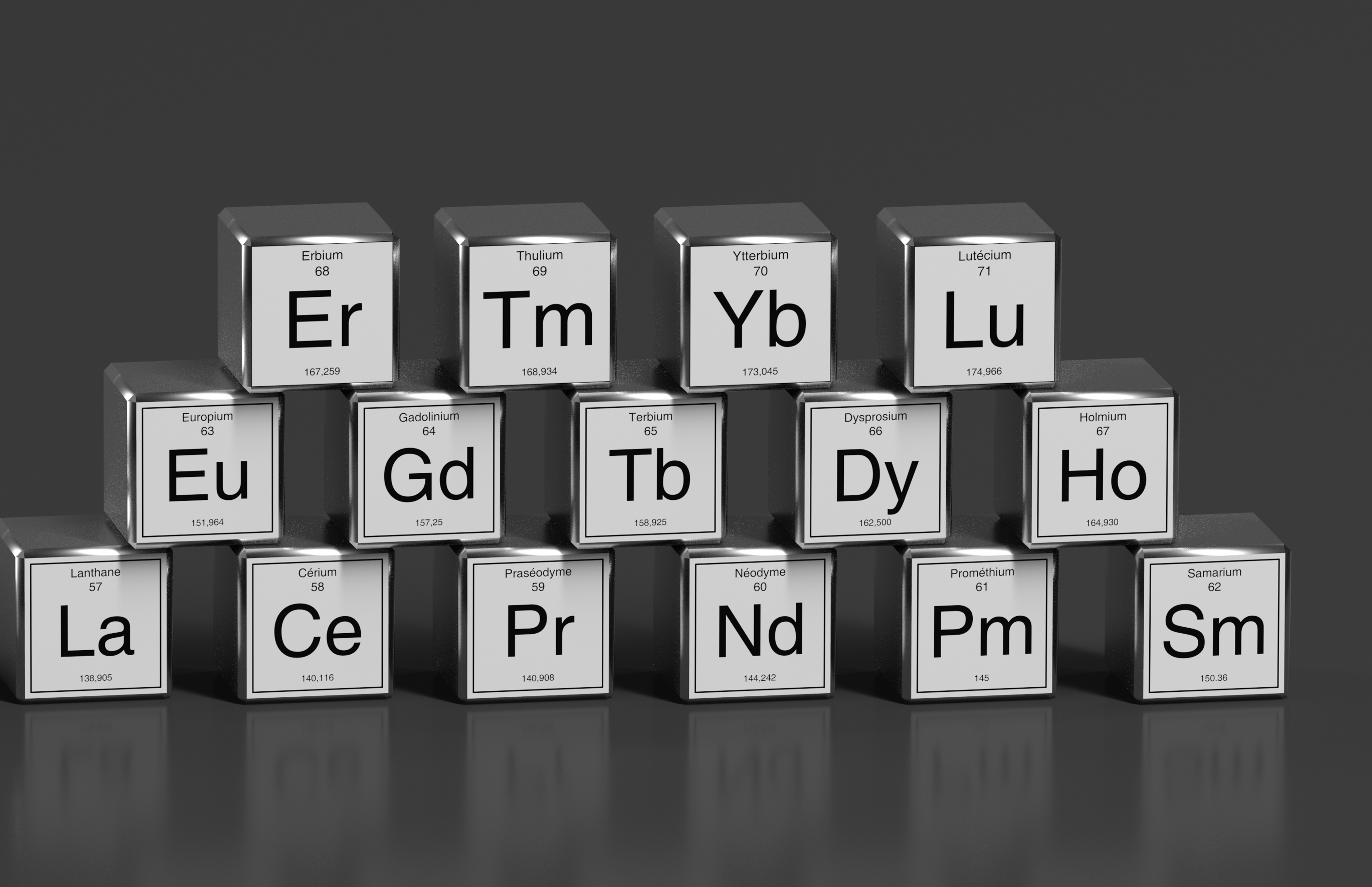Rare Earths discussions in Washington DC
Opinion Pieces

22
Oct
2024
Rare Earths discussions in Washington DC
Last week, Metal Events brought the 20th anniversary international rare earth conference to Washington DC.
The twenty-year reflection on the rare earth industry quickly moved on to magnet applications, which now overshadow other end-uses. Project Blue presented on “Have tariffs and policies reduced global supply chain risks for rare earth products?”. In summary, policies and regulations being put in place can be synergistic within a region or trade bloc, but a policy will either directly or indirectly impact the supply chain of a counterpart.
European and US policies are vying for independent supply chains with promises of offtakes while downstream markets are still in their infancy. The result is that regions are not only competing against the established Chinese industry, but against themselves. Investment portfolios have more gaps to fill in the metallisation stage for a magnet supply chain to be fully integrated and scaled to meet the electric vehicle ambitions – not just smaller volume and price elastic military applications. However, the funding and guise of securing supply for defense may be a crucial seed to kickstart a rare earth supply chain in the USA.
A further question that policy makers will need to reflect on is the wider impact of rare earth regulations. Rare earth elements, used in magnets, are also a crucial part of multi-layer ceramic capacitors (MLCC), used in circuit boards and links the narrative to semiconductors and electronics, another topic at the centre of a geopolitical tug-of-war between the US and China.
And lastly, while cerium and lanthanum have lost value and revenue generation for rare earth suppliers, catalyst are still the main volume markets in Europe and the USA. With policies bundling all the rare earths together at a time when funding is focused on rare earth permanent magnets, it remains unclear how much capacity will be allocated to targeted production of lower value but equally essential rare earths such as La and Ce. This could potentially come at the expense of some NdPr or HREE output.